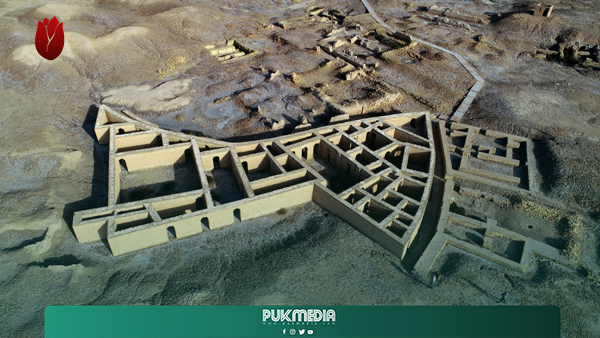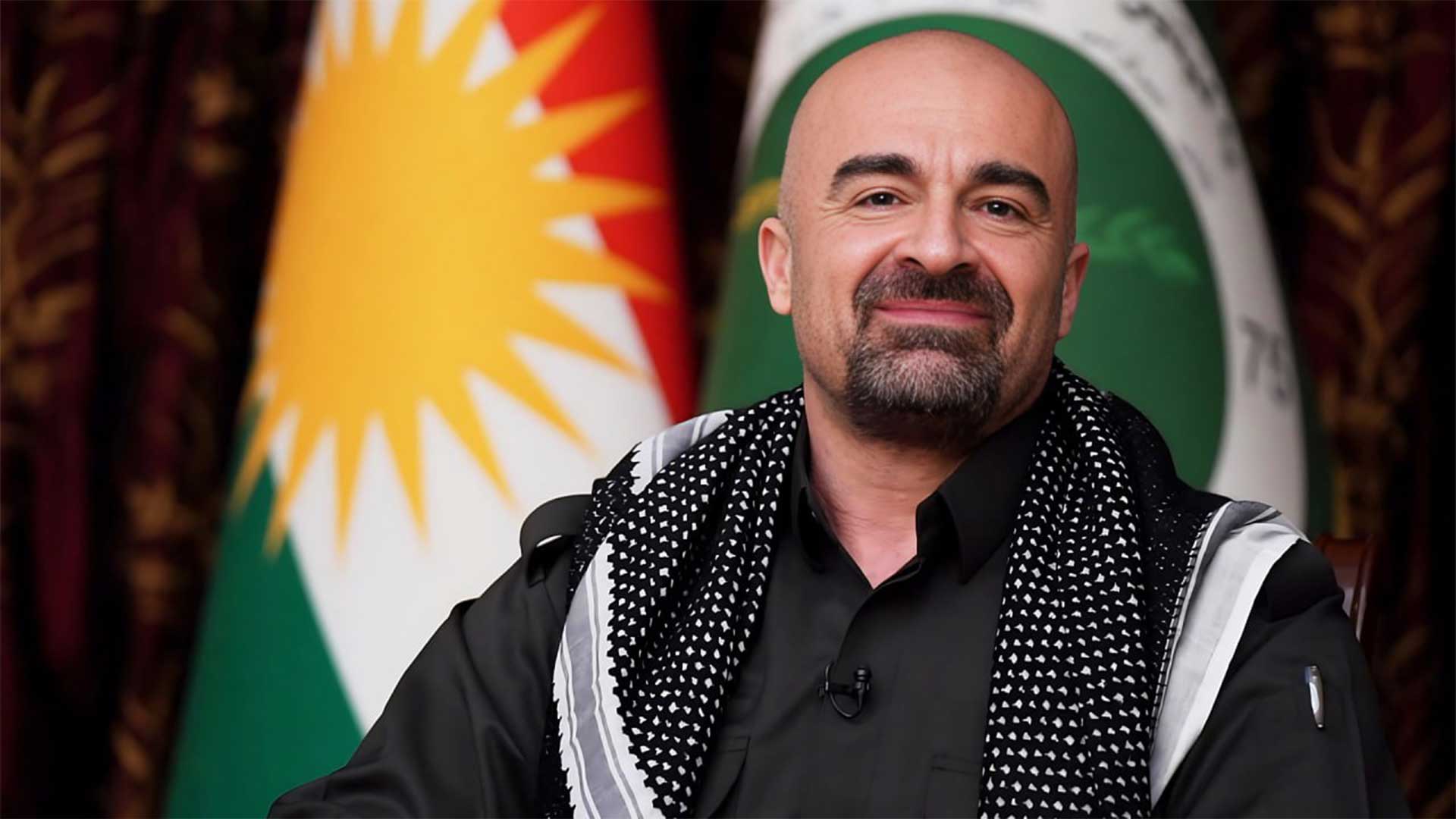Iraq prepares to receive thousands of Christian pilgrims to holy sites
Relics 09:59 AM - 2021-07-03
.
Iraq is close to receiving about 13,000 Christian pilgrims a month from different countries of the world.
It is hoped that they will visit the city of Nasiriyah in the Dhi Qar Governorate in southern Iraq, where the ancient city of Ur is which is the birthplace of the Prophet Abraham.
The Pope highlighted the city of Ur, which was one of the most prominent historical stops of his visit to Iraq last March.
The director of the Dhi Qar Archaeology Directorate, Amer Abdul Razzaq, told Al-Hurra that the first delegation of Christian pilgrims to Ur is expected to arrive next October, after the end of the very hot summer in Iraq.
Abdul Razzaq adds that "an important meeting took place between Iraqi officials and the Minister of Christian Pilgrimage in the Vatican, in which he confirmed the completion of all logistical and technical preparations to dedicate 13,000 Christian pilgrims monthly to Ur."
Abdul Razzaq, a researcher in the field of archaeology, asserts that "this will represent a qualitative leap in the tourism sector in Iraq and provide huge resources for the state budget."
The city of Ur belongs to one of the oldest civilizations in the world, and was the capital of the Sumerian state in 2100 BC.
Archaeology tourism in Iraq stopped more than forty years ago as a result of the outbreak of the Iran-Iraq war in 1980, the Iraqi invasion of Kuwait and the 1991 Gulf War.
After 2003, the escalated security situation in Iraq prevented tourism movement to the Iraqi archaeological sites except in a limited way in the Kurdistan Region and some cities in the south of the country.
After the Pope's visit to Iraq ended, the Iraqi government formed a higher committee that includes senior officials in the Iraqi government to develop the ancient city of Ur, which has not witnessed any rehabilitation work since the 1960s.
Abdul Razzaq, a member of this committee, points out that the Iraqi government has recently allocated huge sums of millions of dollars to start maintenance and development projects in Ur.
According to Abdul Razzaq, these projects will be implemented in two ways: the first is through government funds and will be devoted to the maintenance and restoration of the ancient city.
The second will be through investment projects after agreement with companies and investors from Germany and Gulf countries, including the UAE, to build residential complexes and commercial, tourist and entertainment centers, including major hotels and heritage markets in the vicinity of Ur.
It is hoped that the pilgrimage trips to the city of Ur will include organizing tours for visitors, not only to the city of Ur and the house of the Prophet Ibrahim, but also to the Nasiriyah Museum and the marshes area in Chabayish, in addition to the ancient city of Eridu, according to Abdul Razzaq.
Dhi Qar Governorate is one of the most prominent cities in Iraq, along with Babylon and Nineveh, which includes archaeological areas dating back to the dawn of the Sumerian and Akkadian dynasties and civilizations thousands of years ago.
The province includes more than 1,200 archaeological sites, including the ziggurat of Ur, which was dedicated to the worship of the moon goddess in the Sumerian period, and the royal cemetery discovered 90 years ago by the British scientist Leonard Woolley, from which he extracted treasures comparable to what was discovered in the tomb of the pharaoh Tutankhamun in Egypt in the 1920s of the last century. It also includes the oldest court in history.
Amer Abdul Razzaq confirms that more than 10 excavation missions from around the world will start working soon in Nasiriyah, adding that "the archaeological sites that have been discovered in the city do not exceed 5% of the whole sites."
The Iraqi archaeological official reveals that these missions will start their work next October, after the Corona pandemic recedes and after the summer season.
PUKmedia
More news
-
Remembering Anfal: Genocide Crime Against Kurds
09:14 AM - 2024-04-14 -
Kirkuk Parties Await Provincial Council's Activation
11:51 AM - 2024-04-13 -
PUK Politburo Congratulates Muslims on Eid Al-Fitr
11:39 PM - 2024-04-09 -
Iraqi President Receives Kurdistan Region President
01:51 PM - 2024-04-07
see more
.jpg)
Kurdistan 04:10 PM - 2024-04-15 DPM Talabani Urges Garmian Officials to Streamline Investors' Formalities
PUK President: Anfal was Crime Erase a Nation
09:42 AM - 2024-04-14
PUK Politburo's Message For Anfal Crime's Anniversary
04:55 PM - 2024-04-13
PUK President: May This Eid Deepen Unity and Peace
11:52 PM - 2024-04-09
PUK to Run in Kurdistan Parliamentary Elections as No. 129
11:59 AM - 2024-04-08
Most read
-
DPM Talabani Urges Garmian Officials to Streamline Investors' Formalities
Kurdistan 04:10 PM - 2024-04-15

.jpg)



 Application
Application


